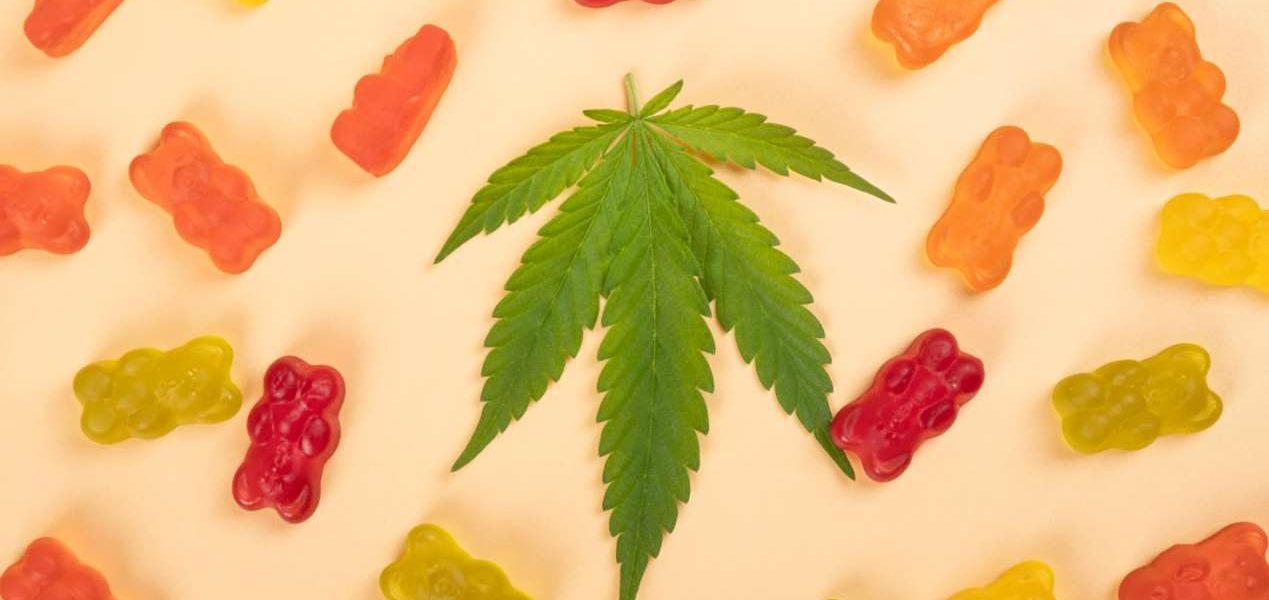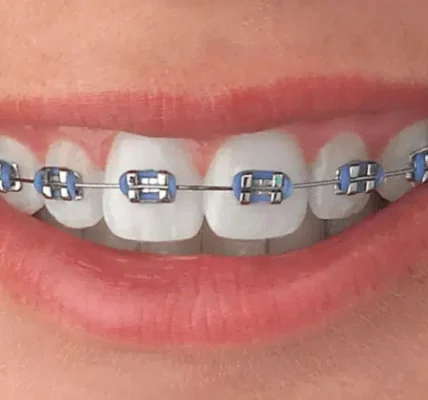In the intricate realm of mental health, the search for effective treatments is an ongoing journey. Over the past decade, an increasing body of anecdotal evidence and preliminary research suggests that Delta 9 tetrahydrocannabinol (THC), a prominent cannabinoid found in cannabis, could potentially play a role in alleviating symptoms of depression and other mental health disorders. One avenue through which Delta 9 THC is being explored is its consumption in edible form. For further clarifications, please visit renowned reviewing websites like niluamit.com. This article delves into the potential of Delta 9 edibles as a source of solace for individuals grappling with depression and other mental health challenges, highlighting both their promises and potential considerations.
The Chemical Connection
Delta 9 THC is known to interact with the endocannabinoid system (ECS), a complex network of receptors and molecules that plays a vital role in maintaining bodily homeostasis. Research suggests that Delta 9 THC may modulate mood-regulating neurotransmitters such as serotonin and dopamine, which are implicated in conditions like depression. Edible consumption of Delta 9 THC allows for its gradual absorption into the bloodstream, potentially leading to prolonged and more stable effects on mood compared to inhalation methods.
A Different High: Gentle Elevation
Delta 9 THC consumption through edibles often yields a different experience than inhalation. The onset is slower due to the need for digestion, resulting in a more gradual and sustained high. This gentler elevation might be particularly beneficial for individuals with mental health challenges, as it can mitigate the intense peaks and crashes associated with rapid THC absorption. Such a nuanced experience can promote stability and emotional equilibrium, potentially contributing to a more positive mental state.
Appetite Stimulation and Nourishment
Depression and certain mental health conditions can lead to loss of appetite and nutritional deficiencies. Delta 9 edibles are renowned for stimulating appetite, colloquially known as the “munchies.” For those grappling with depression, this effect could be a double-edged sword. On the one hand, it might encourage them to consume much-needed sustenance. On the other, individuals need to exercise moderation to avoid overindulgence and excessive calorie intake, which could lead to other health issues.
Mindful Consumption and Dosage Considerations
One of the challenges of utilizing Delta 9 edibles for mental health benefits lies in dosage control. Edibles have a delayed onset and can result in potent and prolonged effects. Individuals seeking therapeutic relief must approach consumption mindfully and responsibly. Starting with a low dose and gradually titrating upwards allows users to find the optimal balance between alleviating symptoms and avoiding overwhelming psychoactive experiences.
Personal Variability and Responses
The response to Delta 9 edibles varies significantly among individuals, primarily influenced by factors such as metabolism, tolerance, and the individual’s unique biochemistry. While some individuals may find solace and improve mental well-being with Delta 9 edibles, others may experience heightened anxiety or paranoia. It’s imperative for those considering Delta 9 edibles for mental health benefits to recognize the potential variability and seek personalized guidance when necessary.
Legal and Cultural Considerations
The legality of Delta 9 THC varies widely across regions, which is an essential consideration for individuals seeking mental health relief through edibles. In areas where cannabis is illegal or heavily regulated, pursuing such treatment might not be feasible or advisable. Additionally, societal attitudes and stigmas surrounding cannabis use could impact an individual’s decision to explore Delta 9 edibles as a form of solace.
Conclusion
In the pursuit of mental wellness, the role of Delta 9 edibles as potential agents of solace cannot be dismissed. The chemical interactions of Delta 9 THC with the endocannabinoid system and its capacity to modulate mood-regulating neurotransmitters offer intriguing possibilities. The gentler high, appetite stimulation and mindful consumption of edibles can be especially relevant for those navigating depression and other mental health challenges. However, individuals must tread cautiously, recognizing the nuanced responses, dosage considerations, and legal landscape that come into play. As science continues to explore the complex relationship between Delta 9 THC and mental well-being, it becomes clear that Delta 9 edibles, when approached thoughtfully and responsibly, could offer a glimmer of solace amidst mental health struggles.










